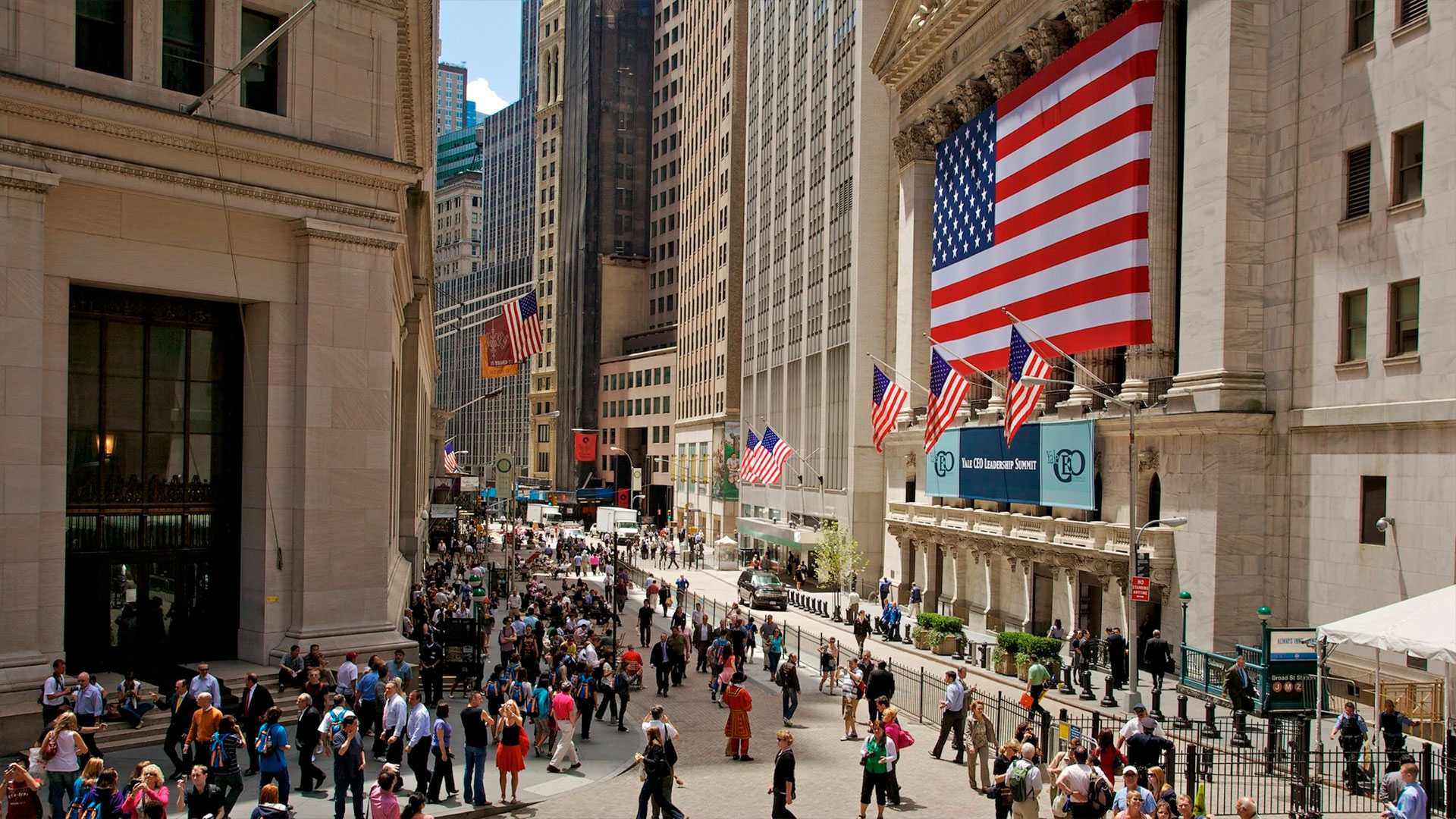Global markets stay steady as Trump sets flexible August deadline
Despite renewed threats of tariff hikes from former President Donald Trump, financial markets have remained remarkably calm. On Monday, Trump reaffirmed his intention to escalate the trade war, but extended the deadline for implementation to August 1 and signaled a willingness to renegotiate.
This tempered tone appears to have reassured investors. Stock indexes across Asia—including Tokyo’s Nikkei 225, Hong Kong’s Hang Seng, Seoul’s KOSPI and Mumbai’s Sensex—opened higher Tuesday morning. In the U.S., market movement was also muted. The Dow Jones dropped 57 points (0.13%), while the S&P 500 inched up 0.05% and the Nasdaq added 0.3%.
Investors see negotiation, not confrontation
The reaction reflects Wall Street’s growing view that Trump’s rhetoric may be more about leverage than legislation. “These are essentially final offers,” Trump said, “but if they come back with something better, we’ll look at it.”
Trump’s remarks suggest a strategic bluff, a pattern that market analysts have dubbed the TACO trade—short for “Trump Always Chickens Out.” This phenomenon refers to investors’ belief that Trump’s threats often fade under pressure from markets or political realities. As UBS strategist Kurt Reiman put it: “Same threat, different goalpost.”
Mild market reaction points to confidence in diplomacy
Monday’s dip in U.S. stocks was relatively small, with major indexes falling less than 1%. Investors appear to be pricing in the likelihood that proposed tariffs will be renegotiated or softened before the August deadline.
HSBC economist Frederic Neumann noted that markets had “broadly shrugged off” the announcements, emphasizing that the window for bilateral talks remained open. Jefferies strategist Mohit Kumar characterized the new tariffs as “a speed bump” rather than a roadblock to market momentum.
S&P 500 outlook remains optimistic
Even amid tariff uncertainty, the U.S. stock market has shown resilience. The S&P 500 has notched four new record highs since June 27. Confidence remains high, with Goldman Sachs upgrading its year-end forecast to 6,600 from 6,100, citing strong fundamentals, AI-driven corporate gains, and expectations of upcoming Federal Reserve rate cuts.
Likewise, Bank of America lifted its forecast for the index to 6,300 from 5,600. Analysts at Barclays suggested investors are turning their attention away from tariffs and toward broader macroeconomic trends like artificial intelligence and economic resilience.
Tariffs now just one part of Trump’s economic narrative
According to Aptus Capital Advisors’ David Wagner, tariffs no longer top the list of investor concerns. “Markets have largely digested Trump’s tariff cycles. If volatility picks up, history shows he often shifts course,” Wagner said.
Michael Reynolds of Glenmede added that the market is now placing tariffs in the wider context of Trump’s policy platform, particularly after the successful passage of the budget bill last week.
Risks remain despite muted reactions
Still, not all analysts are convinced that calm will hold. MUFG currency strategist Michael Wan warned that markets might be underestimating the potential fallout. “These new tariffs resemble those proposed on ‘Liberation Day,’ which had a much more dramatic market impact.”
At Evercore ISI, Sarah Bianchi noted that Trump may feel emboldened by recent political wins and record stock market performance, which could increase the likelihood of actual enforcement.
Upcoming inflation data for June is expected to offer insights into how these tariff threats are shaping economic conditions. Meanwhile, investors will continue to watch for any signs of progress or tension in trade talks, particularly as the August 1 deadline approaches.
Final thoughts: investors brace but don’t panic
Markets appear to be betting that Trump won’t push tariffs to the point of global disruption. But as Barclays analysts noted, it’s wise to “consider all possible scenarios,” especially given the fluid nature of trade policy and Trump’s historical unpredictability.



